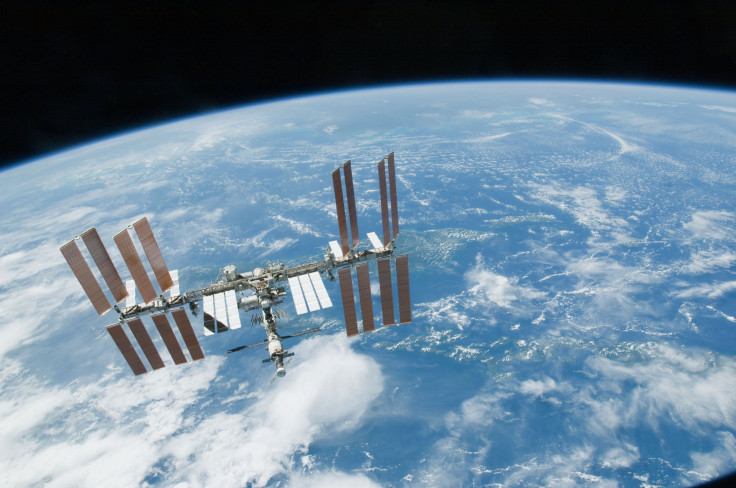Española Chili Peppers To Be First Fruit NASA Astronauts Will Grow In Space

After successfully growing vegetables and flowers in space, NASA astronauts will soon have their first fruiting plant on the International Space Station.
Scientists at the U.S. space agency are now working to launch Española chili pepper plants (Capsicum annuum), into space. This could make peppers the first fruit to be grown and harvested by US astronauts at the ISS.
Why chili peppers?
Crops that are grown in space are ideally easily pollinated and can survive in a high carbon dioxide environment.
NASA plant psychologist Ray Wheeler also said they were looking for plant varieties that do not grow tall, but tend to be very productive in the controlled environment that they would use in space.
"The astronauts have often expressed a desire for more spicy and flavourful foods, and so having a bit of hot flavour also seemed to be a good thing. Plus, many peppers are very high in vitamin C, which is important for space diets,” Wheeler said.
This makes chili peppers the ideal first fruit to grow in space. Of the thousand varieties of chili peppers, researchers also chose Española peppers partly because these grow at high altitudes, have short growth periods and can be easily pollinated, which makes them better for harvesting in space.
NASA scientist Jacob Torres said that chili peppers are also packed with vitamins, which can keep astronauts stationed at the orbiting laboratory healthy and able to battle the health challenges they face in space.
Microgravity, for instance, causes astronauts to feel as if they have constant cold. Astronauts also lose their sense of taste and have difficulty seeing in space. The peppers can provide them with a boost of vitamin C.
NASA has already grown Chinese cabbage, mizuna mustard, red Russian kale and zinnia flowers in space, but Torres said that NASA wants to grow a variety of crops in space with different values.
Astronauts curently rely heavily on prepackaged meals in space but these cannot provide enough vitamins and nutrients particularly for astronauts who will embark on long term space missions such as travelling to planet Mars.
"We need to grow enough to supplement diet," Torres said. "Just like here on Earth, we can't live on the same thing."
NASA plans to send the peppers off to the ISS anytime between November and January.
© Copyright IBTimes 2024. All rights reserved.





















